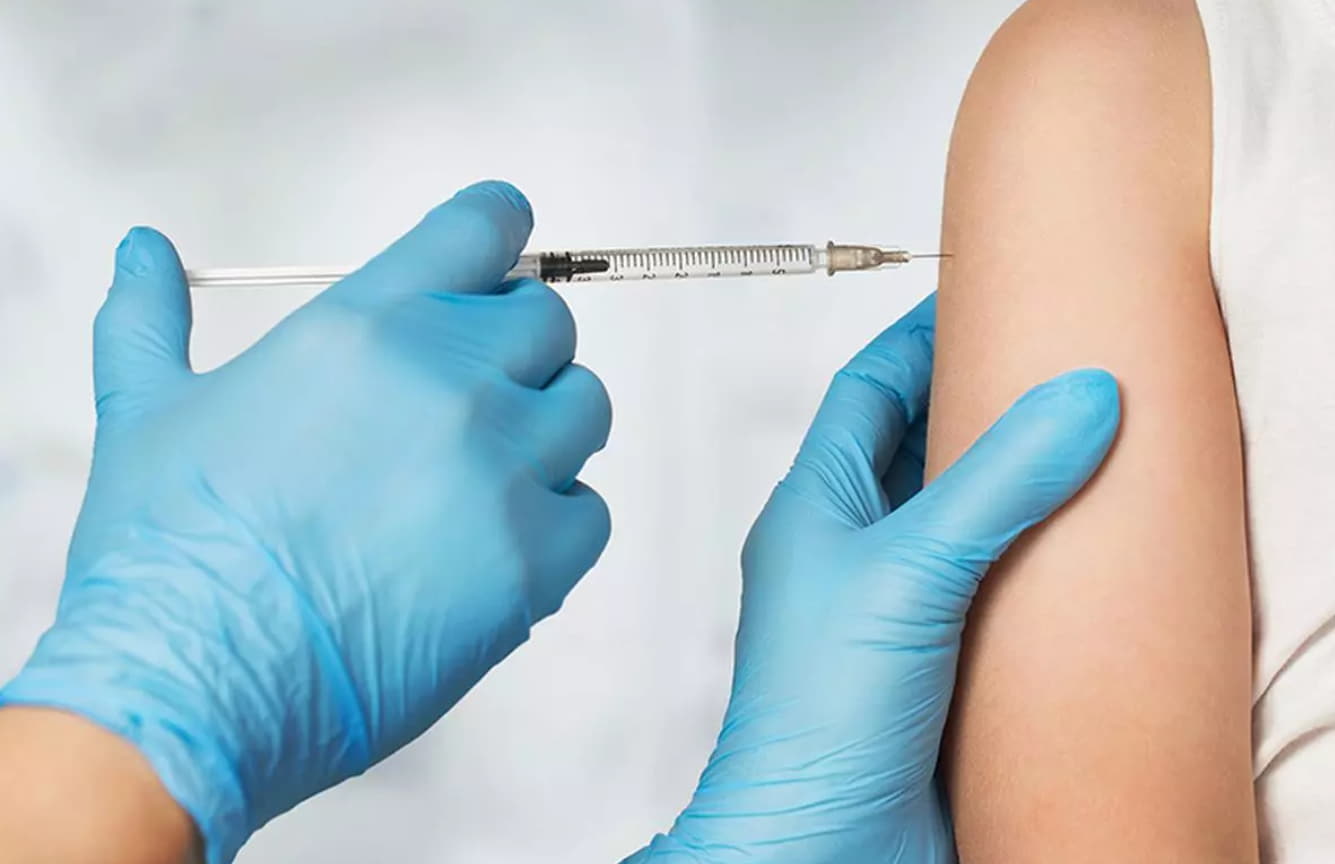As we age, our immune system naturally weakens, making us more susceptible to various infections and diseases. Among these, shingles, a painful condition caused by the reactivation of the chickenpox virus, stands out due to its severity and potential for serious complications. Fortunately, the shingles vaccine has been made possible through a specific preventive measure recommended for adults 50 years and older.
Understanding Shingles
This condition manifests as a painful rash that can occur anywhere on the body but typically appears as a single stripe of blisters wrapping around either the left or right side of the torso. The same virus responsible for chickenpox lies dormant within the body and can reactivate years later, leading to shingles. Beyond the rash itself, shingles can lead to postherpetic neuralgia (PHN), a long-term complication characterized by lingering pain in the areas where the rash once was.
The Role of Immunization
To combat this condition, health professionals recommend a specific immunization strategy for adults aged 50 and over. This strategy involves administering a series of doses designed to boost the body’s immune response to the virus. By doing so, not only is the likelihood of developing shingles significantly reduced, but the vaccine also decreases the chance of experiencing severe complications like PHN if the disease does manifest.
This immunization is unique because it’s based on a component of the virus, rather than a live version, making it safer and more effective for those with weakened immune systems. It requires two doses, spaced between 2 to 6 months apart, to ensure optimal protection.
The Importance of Staying Protected
The rationale behind this preventive approach is clear: reducing the incidence of shingles and its associated discomforts significantly enhances the quality of life, particularly for older adults. Moreover, by decreasing the risk of complications that can arise from shingles, individuals are less likely to experience prolonged pain that can disrupt daily activities and diminish overall well-being.
It’s also worth noting that since the introduction of this immunization, numerous health authorities have observed a decline in cases among the vaccinated population, underscoring its effectiveness. This trend highlights the critical role that staying up-to-date with vaccinations plays in maintaining health and preventing outbreaks of preventable diseases.
Final Thoughts
In conclusion, the shingles vaccine represents a significant advancement in preventive healthcare for older adults. By understanding the importance of this protective measure and adhering to recommended vaccination schedules, individuals can safeguard themselves against the painful and potentially debilitating effects of shingles.


